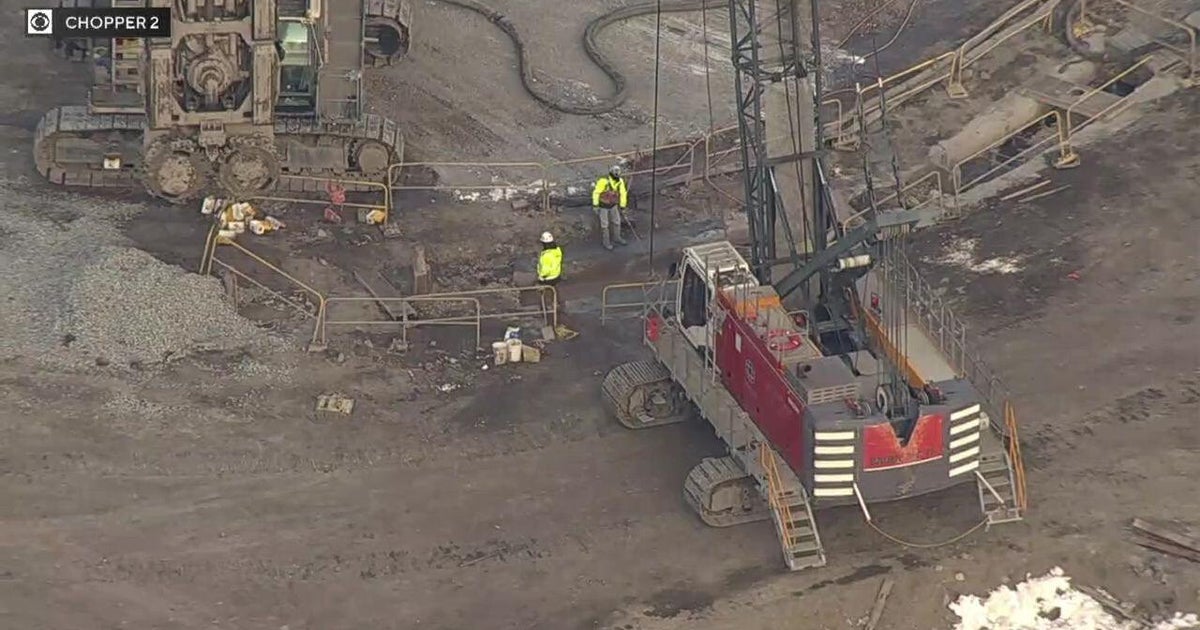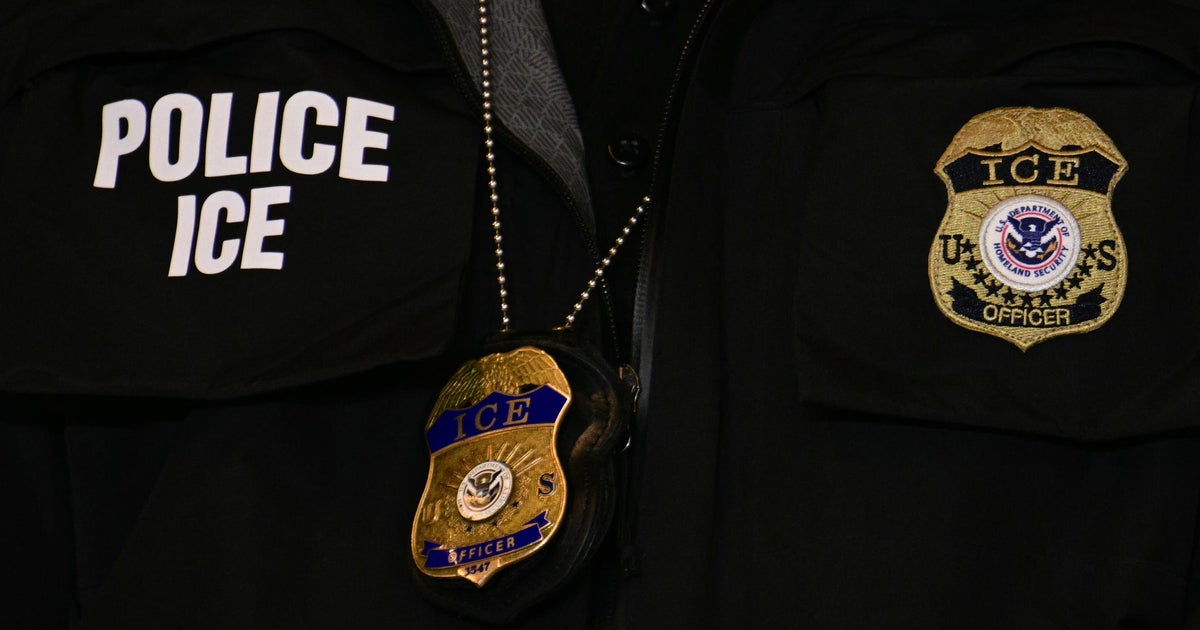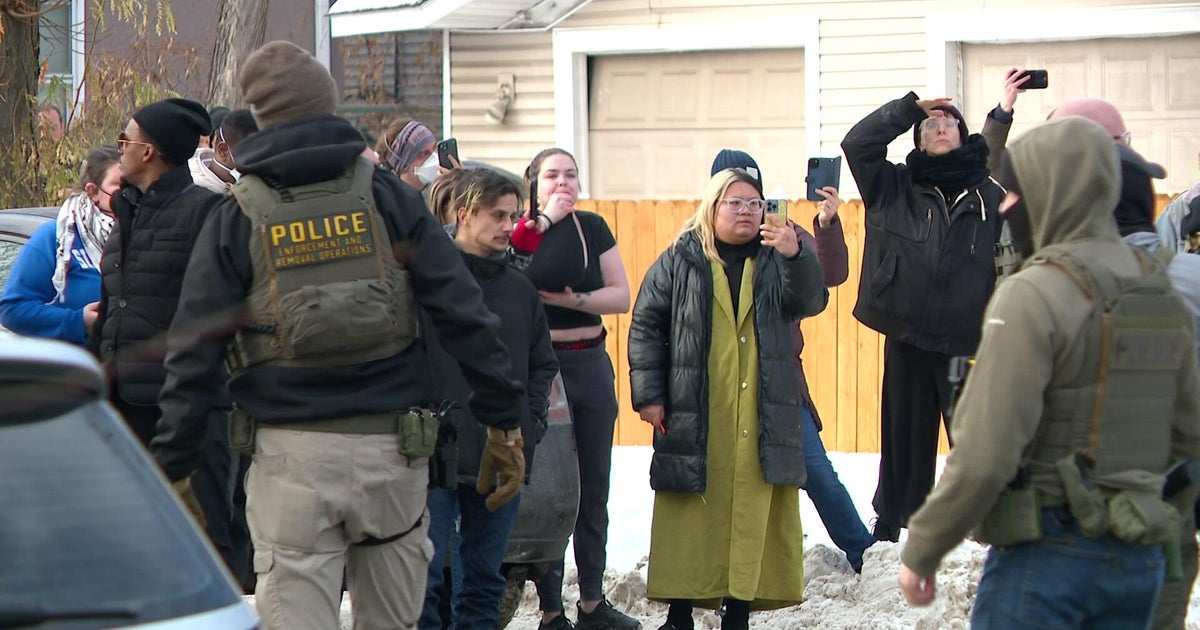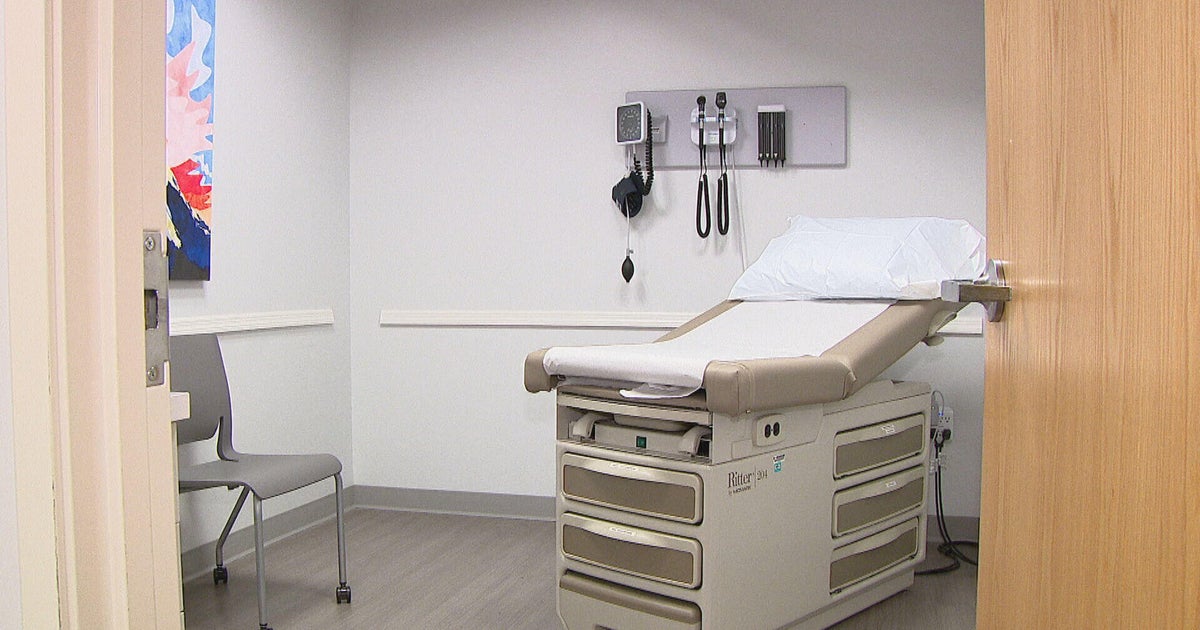Government shutdown would have "devastating" effect in Tri-State Area, from airport closures to missed federal aid checks
NEW YORK -- The federal government will shut down Sunday - with far-reaching consequences in the Tri-State Area - unless the House is somehow able to pull a rabbit out of a hat.
Buckle your seatbelts because a shutdown will not be pretty. It will affect airports, critical federal aid payments to parents and children, and the ability of officials to get work permits for asylum seekers.
"What the extreme MAGA Republicans are effectively saying to us, unless you cut social security, slash public school funding, criminalize abortion care ... we're shutting down the government," said House Minority Leader Hakeem Jeffries (D-NY).
Jeffries expressed the frustration of many in Washington at House Republicans and the growing likelihood of a government shutdown, which could have a devastating effect on an economy already reeling from inflation and high interest rates.
They recall all too well the last government shutdown that began in Dec. 2018 with then-Pres. Trump and Democrats in a 35-day standoff over his demand for funding for a border wall.
"The 2018-2019 government shutdown reduced economic output by $11 billion," said Sen. Kirsten Gillibrand (D-NY). "This year another government shutdown could cost the U.S. economy $6 billion per week."
A government shutdown would impact the financial markets, our bond ratings, the military, border security and the financial stability of hundreds of thousands of Americans.
Federal benefit checks would be delayed. Nearly 200,000 people employed by the Dept. of Homeland Security would be required to work without pay. Failure to pay airport screeners could lead to sickouts and possibly the closure of some airports.
"Over a million active duty military members won't get their pay. A shutdown would degrade troop readiness and devastate our southern borders, something our friends on the other side who claim to care about border security conveniently ignore," said Senate Majority Leader Chuck Schumer (D-NY). "Small businesses would lose access to capital. Home buyers would be unable to secure loans. Our supply chains would be imperiled and costs to American families would go up and up."
"This could be devastating for our state. Kids who go hungry, troops won't get paid, and the work of the critical federal agencies that make sure our food and water are safe could go undone," said Gillibrand.
New Jersey Gov. Phil Murphy issued a statement saying, "Servicemembers wouldn't get their paychecks, travelers could face airport delays, and critical cancer research would be stalled."
New York Gov. Kathy Hochul worries about the economy and financial markets - the lifeblood of the state and New York City economies - as well as the ability to cope with the asylum seeker crisis.
"It's going to stop our ability to get people out of the shelters," said Hochul.
FEMA aid would be put on hold and homeland security personnel sent to help Venezuelans apply for work permits would not be paid.
In New York alone there are:
- 70,000 federal employees who wouldn't get paid
- 30,000 members of the military
- 400,000 people, including 330,000 children and infants, who rely on food stamps.
Plus, there's a ripple effect.
"If these federal workers aren't working, well, all the places they go for lunch, and for dinner, and for dropping off their dry cleaning and bringing their kids to day cares, all of that becomes at risk," said Gillibrand.
New York Republican Rep. Mike Lawler, a member of the bipartisan Problem Solvers Caucus, told CBS New York he's worried about a government shutdown and working to find some way to forge a compromise to avoid one.
"I've never seen a government shutdown work. I'v=e never seen anybody come out a winner on this," said Lawler.
Lawler said Republicans want the government to spend less and will introduce a compromise for the government to tighten its belt on Friday.
"It would be an 8% across the board spending cut," said Lawler. "If Chuck Schumer wants to shut down the government instead of shutting down the border, you know, that's his choice. But I think there needs to be a realization in this country and certainly in Congress that we cannot continue to spend at these levels."
Lawler said the compromise bill could get both sides talking and negotiating to avoid the shutdown, at least for now.
But it's unclear if Democrats will go for it.








